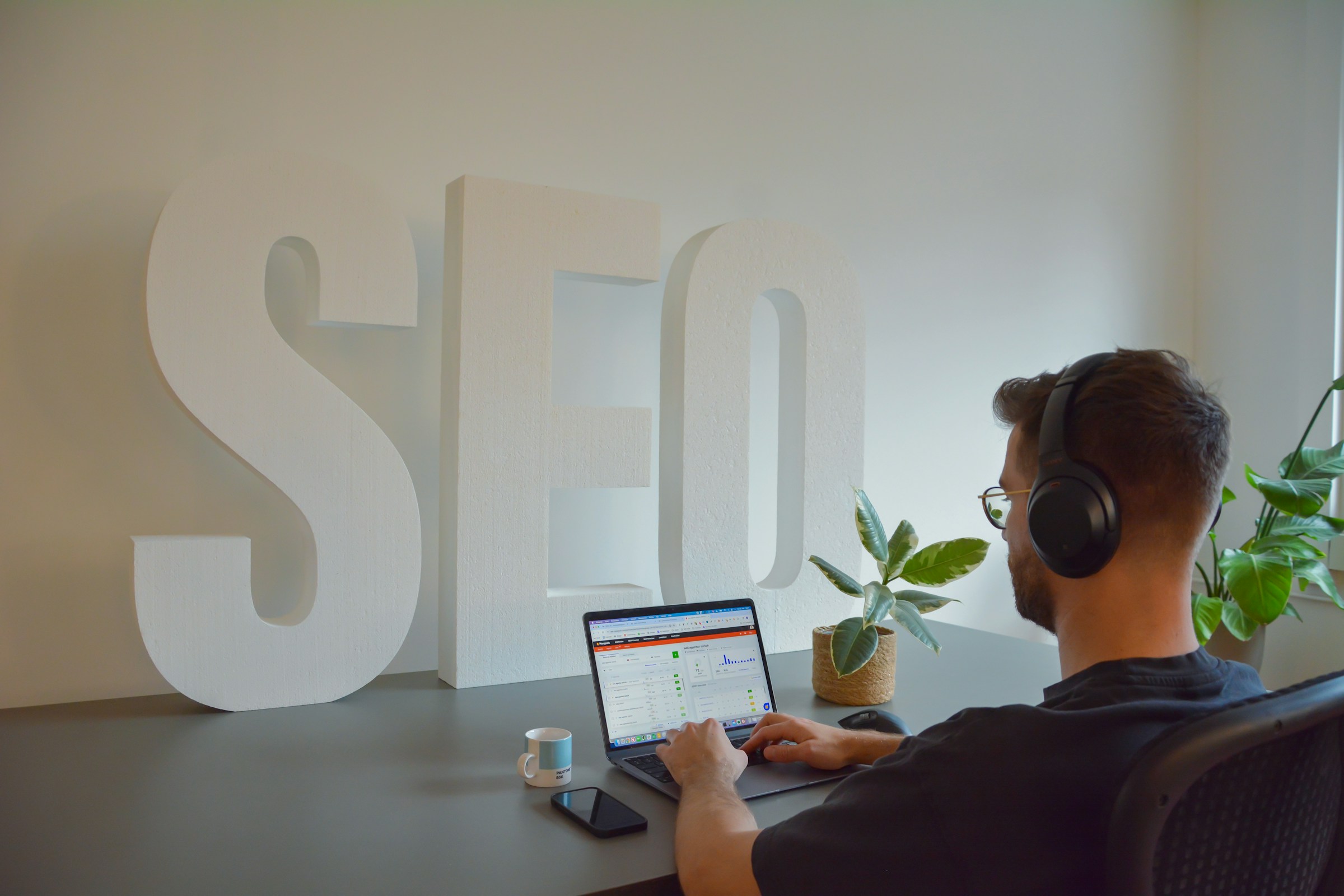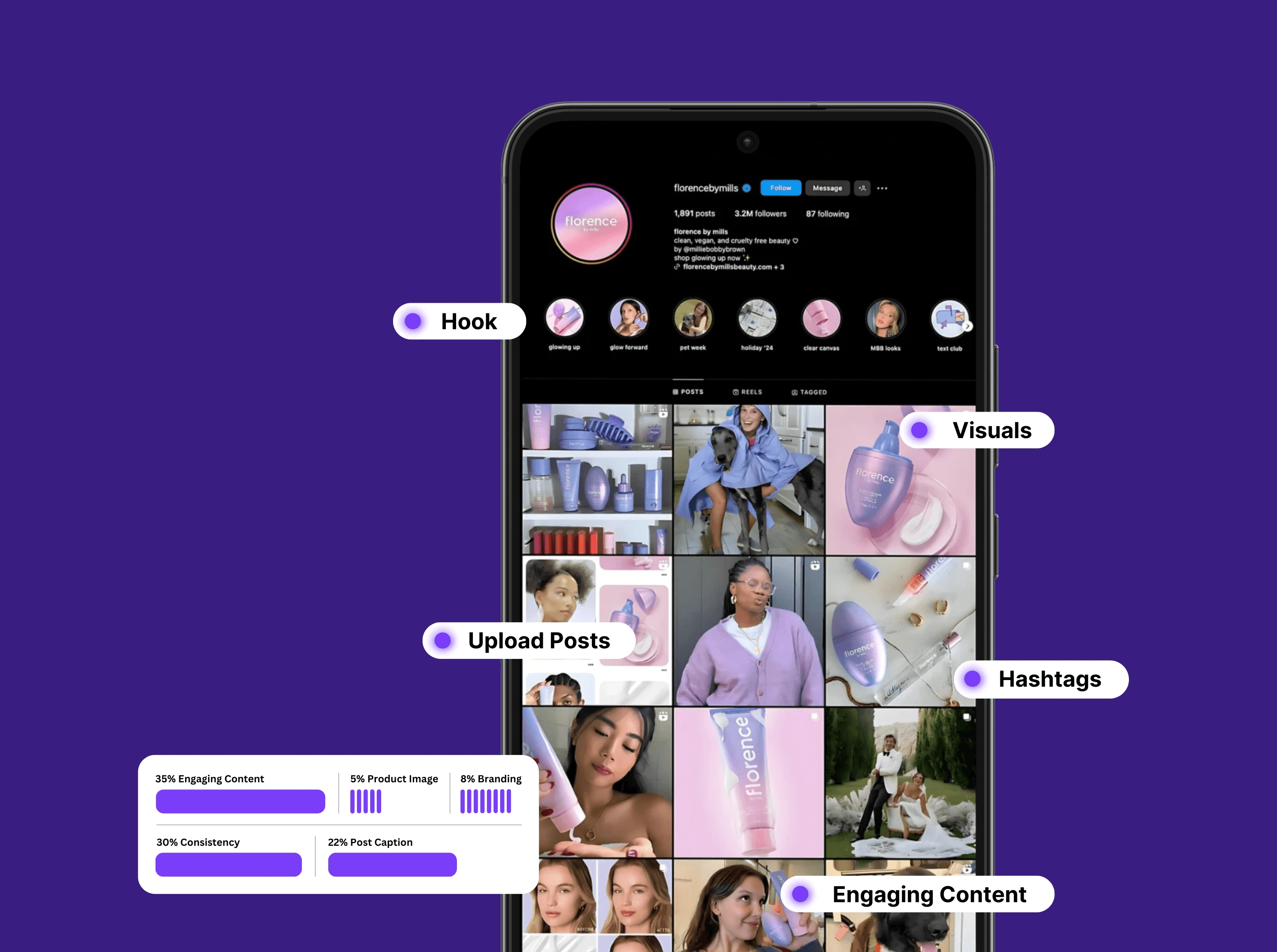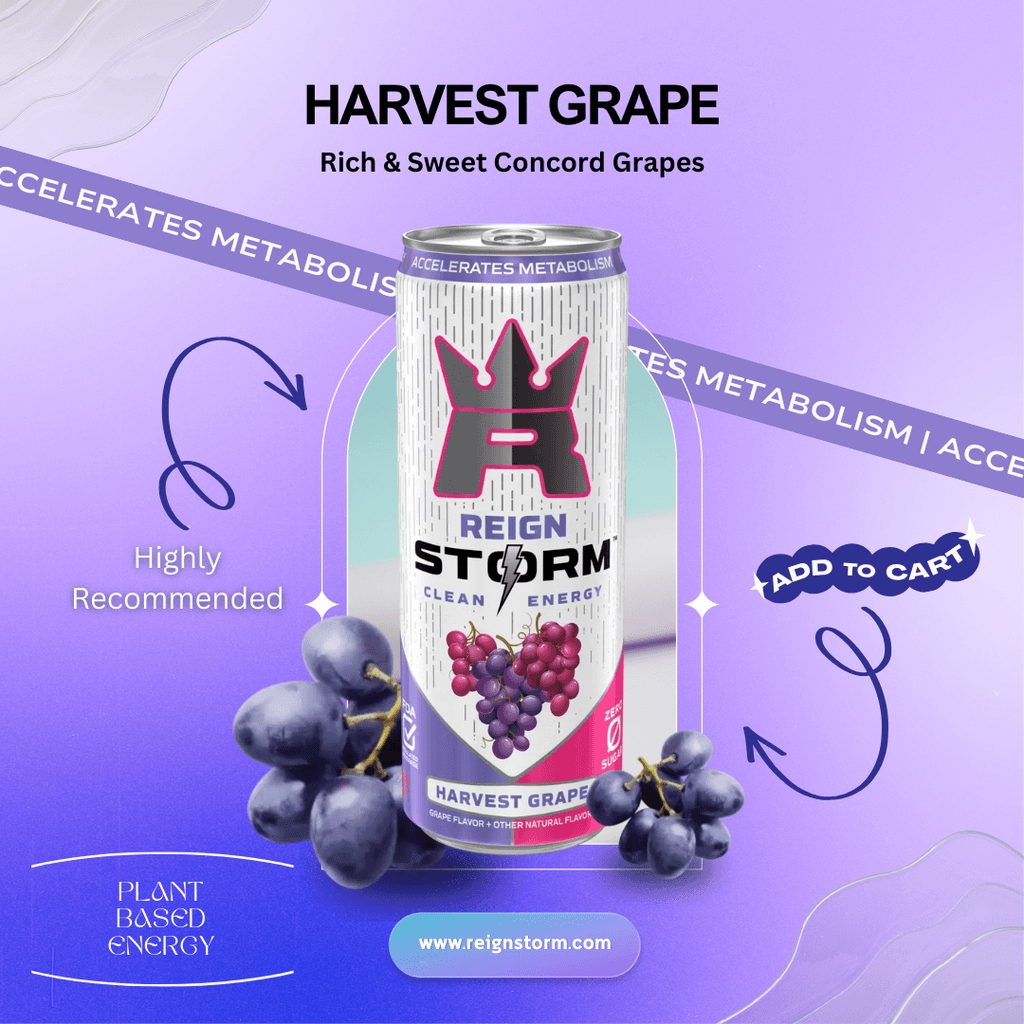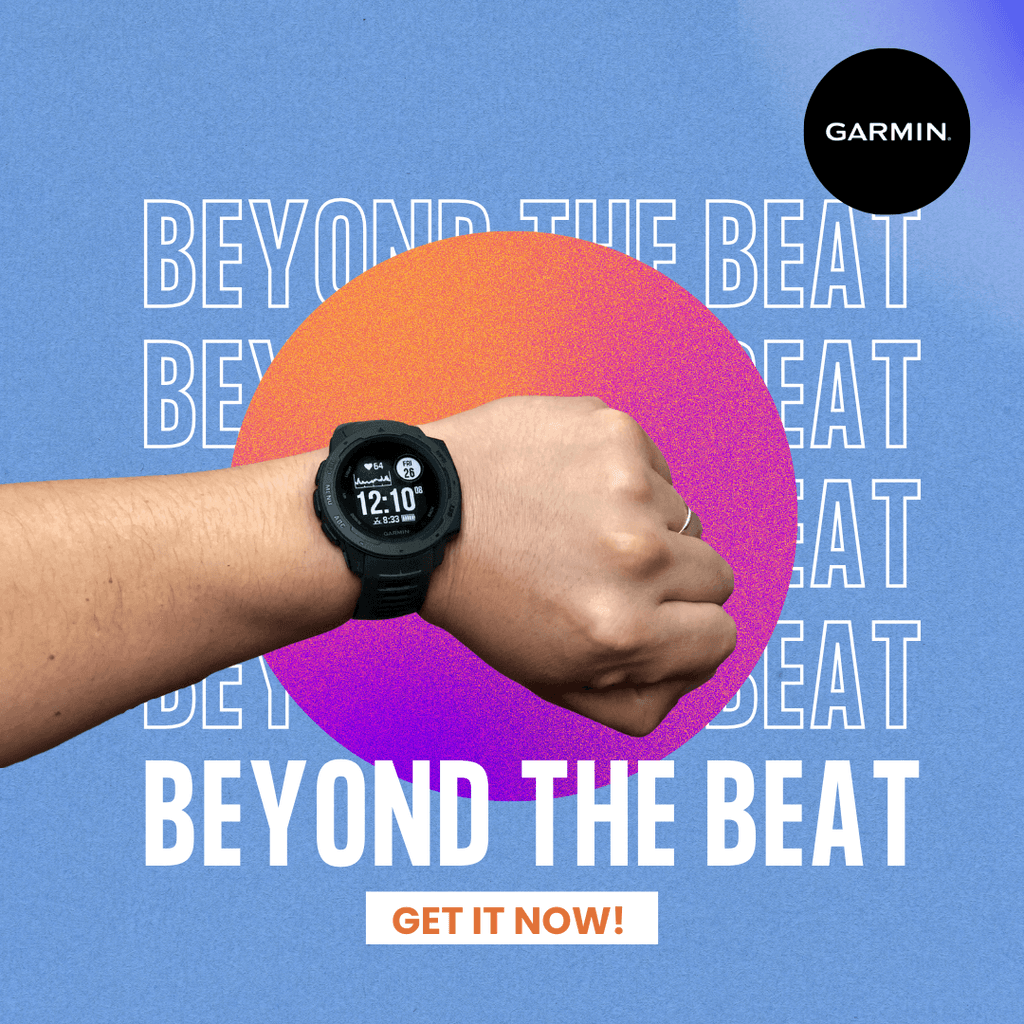In the ever-evolving digital marketing landscape, businesses continually assess the value of various strategies to ensure optimal return on investment (ROI). Search Engine Optimization (SEO) has long been a cornerstone of online marketing, but with the rise of AI-driven search tools, zero-click searches, and changing consumer behaviors, many question its current relevance.
This blog is written with a focus on SEO-friendly keywords and optimized content to support Rarecide's website visibility in Google Search. It's crafted not only to inform, but also to rank. We'll explore the modern role of SEO, debunk misconceptions, and provide actionable tips to help business owners, marketers, and entrepreneurs leverage SEO effectively in 2025.
Understanding SEO: A Brief Overview
SEO is the process of optimizing your website and content to appear higher in search engine results pages (SERPs) organically—that is, without paying for placement. It involves a variety of techniques such as:
Keyword research and integration
On-page optimization (meta tags, headers, image alt text, internal linking)
Off-page optimization (backlink building)
Technical SEO (site speed, mobile-friendliness, crawlability)
Content creation and optimization
Types of SEO
On-Page SEO: Focuses on optimizing elements within your website like content, HTML source code, and metadata.
Off-Page SEO: Deals with building backlinks and authority through social signals, influencer outreach, and guest posts.
Technical SEO: Ensures your site meets the technical requirements of modern search engines—site structure, page speed, and security (HTTPS).
Local SEO: Optimizes your website to be found in local search results, critical for businesses with physical locations or a local audience.
The Long-Term Benefits of SEO in 2025
1. Sustainable Organic Traffic
One of the most compelling reasons to invest in SEO is the ability to drive consistent organic traffic. While paid ads disappear the moment your budget runs out, well-optimized pages can rank and drive traffic for months or even years.
Realistic Tip: Focus on evergreen content—topics that remain relevant over time. These articles continue to generate traffic long after they're published.
2. Higher Brand Visibility and Authority
When your business appears on the first page of Google, it automatically gains credibility. According to HubSpot, 75% of users never scroll past the first page of results.
Note-Worthy Insight: Ranking in the top 3 positions, especially with featured snippets, drastically improves your click-through rate (CTR). Aim to optimize your content with direct answers to common queries to increase your chance of appearing in these coveted spots.
3. Cost-Effectiveness
SEO is an investment rather than a recurring expense. Although initial setup and ongoing maintenance cost time and money, the long-term benefits outweigh the costs.
Comparison with PPC:
PPC: Pay for every click. Once the budget ends, traffic stops.
SEO: Build equity over time. Once established, pages continue to drive traffic without additional cost.
Realistic Tip: Use PPC campaigns to test which keywords convert best, then build SEO pages around those terms for long-term gains.
4. Improved User Experience (UX)
Google's algorithms now prioritize UX signals—page load speed, mobile usability, interactivity, and content layout.
SEO & UX Go Hand in Hand:
Fast websites reduce bounce rate
Mobile optimization increases dwell time
Clear, relevant content encourages engagement
Actionable Tip: Use tools like Google PageSpeed Insights, Core Web Vitals, and Mobile-Friendly Test to optimize UX.
5. Better Conversion Rates
Organic traffic often converts better than other channels because users actively seek information or solutions.
Example: A user searching "best CRM software for small businesses" is likely further down the funnel and ready to convert.
Realistic Strategy: Optimize for buyer-intent keywords—terms that indicate a readiness to purchase (e.g., “best,” “compare,” “review,” “discount”).
Common Myths About SEO
1. SEO Is Dead
Not true. SEO has evolved, but it's far from obsolete. Voice search, zero-click searches, and AI integration have simply changed the rules.
2. It’s All About Keywords
While keywords matter, modern SEO emphasizes topic clusters, content quality, and user satisfaction.
3. Results Should Be Instant
SEO takes time. It’s a long game, but one that delivers compounding results.
4. Once You Rank, You're Set
SEO is ongoing. Competitors, algorithm changes, and evolving trends mean you must continually update and optimize.
SEO in the Age of AI, ChatGPT, and Evolving Search Behaviors
In 2025, search behavior is influenced by:
AI-driven assistants (like ChatGPT, Gemini, Claude)
Voice search and conversational queries
Zero-click results (e.g., knowledge panels, featured snippets)
Visual search tools
How to Adapt Your SEO Strategy:
Optimize for conversational keywords and long-tail queries
Structure content with clear headings, bullet points, and schema markup
Invest in high-quality multimedia content (videos, infographics)
Pro Tip: Use AI tools for content ideation and outlining, but always humanize the final content. Search engines still value originality and user engagement.
How to Measure the ROI of SEO
Key SEO Metrics:
Organic traffic (via Google Analytics)
Keyword rankings (via tools like SEMrush, Ahrefs, Moz)
Click-through rate (CTR)
Bounce rate and average session duration
Conversion rates from organic traffic
Tracking Tools:
Google Search Console
Google Analytics
Screaming Frog
Ubersuggest
Realistic Tip: Track micro-conversions (like email signups, clicks, downloads) in addition to sales to measure holistic ROI.
Never Miss a Trend Again
Join over 1 million Business-decision makers and marketers to get latest social news, trends, and tips right to your inbox!
SEO Best Practices to Follow in 2025
1. E-E-A-T (Experience, Expertise, Authoritativeness, Trustworthiness)
Google evaluates content based on these criteria. Demonstrate your brand’s authority and trust.
How to Implement:
Showcase author bios with credentials
Add trust badges, testimonials, and certifications
Reference reliable sources and studies
2. Topical Authority & Content Clusters
Rather than optimizing one keyword per post, create clusters of related content around a central “pillar” topic.
Example:
Pillar Page: "Social Media Marketing for Startups"
Cluster Pages: "Best Tools for Instagram Growth," "Content Calendar Tips," "How to Handle Negative Comments"
3. Mobile-First Indexing
Google indexes the mobile version of your site first. A poor mobile experience can hurt your rankings.
Checklist:
Responsive design
Fast-loading pages
Easy navigation on small screens
4. AI & Automation Tools
Use AI for:
Content research
Meta description generation
Title testing
Performance analysis
But always add a human touch—Google penalizes generic, duplicate content.
Is SEO Right for Every Business?
Yes—and no. While most businesses benefit from SEO, the approach and ROI can vary depending on:
Industry competition
Target audience
Budget
Sales cycle length
When SEO Is a Must:
You rely on your website to generate leads or sales
Your product/service is searched online
You want long-term traffic without ongoing ad spend
When It May Not Be Priority:
Hyper-local businesses with walk-in traffic and minimal online presence
Temporary campaigns that require immediate results
Hybrid Strategy Suggestion: Combine SEO with Google Ads and social media to capture both short- and long-term growth.
At Rarecide, we craft personalized SEO strategies that align with your business goals, market niche, and competitive landscape. From content creation to technical audits, we help you grow organically.
Let us help you get found.
👉 Contact Rarecide today to discuss how we can boost your SEO ranking and drive long-term success.
Final Thoughts: Is SEO Worth It in 2025?
Absolutely. SEO is not only worth it—it’s essential. As algorithms evolve and search behaviors change, businesses must adapt or be left behind. The ROI, brand credibility, and sustainable traffic make SEO one of the most powerful marketing channels.
But it requires:
Strategic planning
Continuous effort
Expert insights
Get matched with the world’s best creators in producing content that’s impossible for your audience to skip.

























